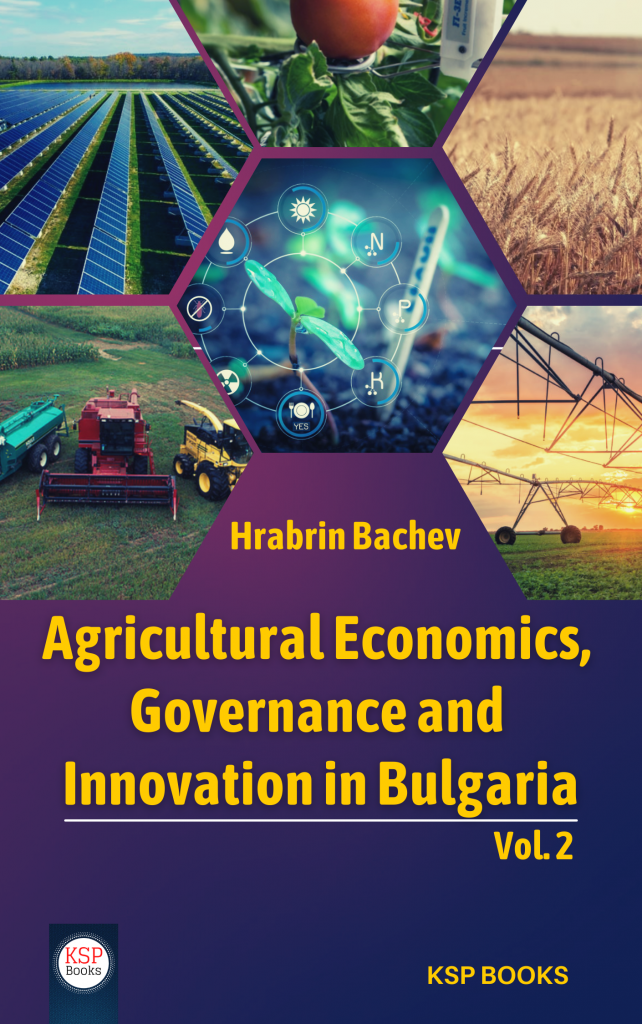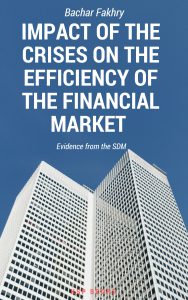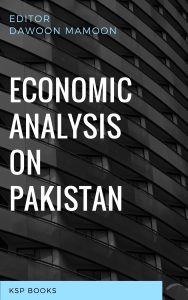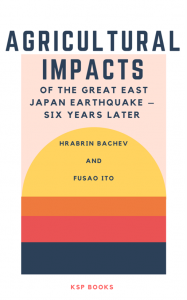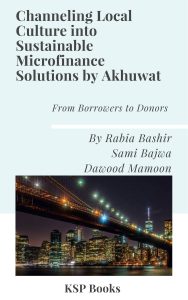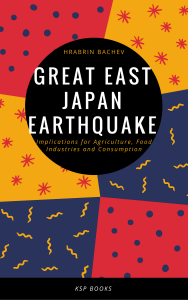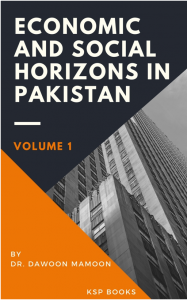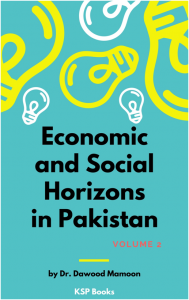Synopsis
In Bulgaria, like in many other countries, practically there are no comprehensive assessments of the governance sustainability of agriculture and its importance for the overall agrarian development. This study tries to fill the gap and suggests a holistic framework for understanding and assessing the governance sustainability of Bulgarian agriculture. The newly elaborated approach is “tested” in a large-scale study for assessing the governance sustainability of country’s agriculture at national, sectoral, regional, eco-system and farm levels. The study has proved that it is important to include the “missing” Governance Pillar in the assessment of the Integral sustainability of agriculture and sustainability of agro-systems of various type. Multiple Principles, Criteria and Indicators assessment of the Governance sustainability of Bulgarian agriculture indicates that the Overall Governance Sustainability is at a “Good” but very close to the “Satisfactory” level. Besides, there is a considerable differentiation in the level of Integral Governance sustainability of different agro-systems in the country. What is more, the individual indicators with the highest and lowest sustainability values determine the “critical” factors enhancing and deterring the particular and integral Governance sustainability of evaluated agro-system. Last but not least important, results on the integral agrarian sustainability assessment based on micro (farm) and macro (statistical, etc.) data show some discrepancies which have to be taken into consideration in the analysis and interpretation, while assessment indicators, methods and data sources further improved.
The interdisciplinary New Institutional Economics framework is applied and assessment made on specific effects of major components of the “external” institutional environment on agrarian sustainability level in different administrative, geographical and ecological regions, subsectors of agriculture, and farms of variousjuridical type and size in Bulgaria. Our study has found out that individual elements of external institutional, market and natural environment affect quite unequally farms of different types, individual subsectors of agriculture, and specific ecological and geographical regions.This type of studies is to be expended and their precision and representation increased. The latter however, requires a close cooperation between all interested parties, and participation of the farmers, agrarian organizations, local and central authorities, interest groups, research institutes and experts, etc.
The issue of assessment sustainability of agricultural farms as a whole and of different type is among the most topical for researchers, farmers, investors, administrators, politicians, interests groups and public at large. Despite that practically there are no assessments on sustainability level of Bulgarian farms in conditions of European Union Common Agricultural Policy implementation. This article applies a holistic framework and assesses sustainability of Bulgarian farms as a whole and of different juridical type, size, production specialization, and ecological and geographical location. Initially the method of the study is outlined, and overall characteristics of surveyed holdings presented. After that an assessment is made of integral, governance, economic, social, environmental sustainability of farms in general and of different type and location. Next, structure of farms with different sustainability levels is analyzed. Finally, factors for improving sustainability of Bulgarian farms are identified, and directions for further research and amelioration of farm management and public intervention in the sector suggested.Our study has found out that overall sustainability of Bulgarian farms is at a good level, with superior levels for environmental and social sustainability, and inferior level for governance and economic sustainability. There are great variations in sustainability levels of farms of different type and location as well as in shares of holdings with unlike level of sustainability. Factors which stimulate to the greatest extent the actions of Bulgarian farms for improving individual aspects of sustainability are Access to Advisory Services, Professional Training of Manager and Hired Labor, Personal Conviction and Satisfaction, Positive Experience of Other Farms, Available Innovations, Financial Capability, Private Contracts and Agreements, and Registration and Certification of Products, Services, etc. National and European mechanisms of regulation and support, which affect to the greatest extent economic sustainability of Bulgarian farms are: Direct Area Based Payments, National Tops Ups for Products, Livestock, etc., Modernization of Agricultural Holdings, Green Payments, Support to Semi-market Farms.
A need to include “the fourth” Governance pillar in the concept for understanding and the assessment system of (overall and) agrarian sustainability is increasingly justified in academic literature and finds place in the frameworks of government, international, private, etc. organizations Nevertheless, still there is no general consensus on: whether and how to include the governance as a new pillar of agrarian sustainability; how to define the governance sustainability; what are the relations between the governance sustainability of a farming enterprise and agriculture; what are the critical factors of governance sustainability; how to formulate, select, measure and integrate diverse sustainability indicators; and how to properly evaluate the level of governance sustainability, etc. In Bulgaria, like in many other countries, practically there are no comprehensive assessments of the governance sustainability of agriculture and its importance for the overall agrarian development. This study tries to fill the gap and suggests a holistic framework for understanding and assessing the governance sustainability of Bulgarian agriculture. The newly elaborated approach is “tested” in a large-scale study for assessing the governance sustainability of country’s agriculture at national, sectoral, regional, eco-system and farm levels.The study has proved that it is important to include the “missing” Governance Pillar in the assessment of the Integral sustainability of agriculture and sustainability of agro-systems of various type. Multiple Principles, Criteria and Indicators assessment of the Governance sustainability of Bulgarian agriculture indicates that the Overall Governance Sustainability is at a “Good” but very close to the “Satisfactory” level. Besides, there is a considerable differentiation in the level of Integral Governance sustainability of different agro-systems in the country. Last but not least important, results on the integral agrarian sustainability assessment based on micro (farm) and macro (statistical, etc.) data show some discrepancies which have to be taken into consideration in the analysis and interpretation, while assessment indicators, methods and data sources further improved. Having in mind the importance of holistic assessments of this kind for improving the agrarian sustainability in general, and the Governance sustainability of agriculture in particular, they are to be expended and their precision and representation increased. The later requires improvement of the precision through enlargement of surveyed farms and stakeholders, and incorporating more “objective” data from surveys, statistics, expertise of professionals in the area, etc. Since the elaboration of an effective framework for Governance sustainability assessment is far from complete our and other emerging suggestions have to be further discussed, experimented, improved and adapted to the specific conditions of evaluating agricultural system and needs of decision-makers at different levels.
(Agro)ecosystem services is a “new” term, which is rapidly and widely used in academicstudies, and policies and business practices around the globe.Nevertheless, in many countries around the globe, studies associated with agroecosystem services and their “management” are at the beginning stage.This article suggests a holistic framework for defining, evaluating and improving the system of governance of agro-ecosystem services. The interdisciplinary Theory of Ecosystem Services and the New Institutional Economy are adapted, and the governance of agroecosystem services defined, various related agents identified, principle forms and mechanisms of governance classified, an adequate criterion for assessing efficiency formulated, and stages for analysis and improvement of the system of governance characterized. The proposed new approach is based on the “building up” of a hierarchy of agro-ecosystems and services related to its different levels, and an assessment of the efficiency and complementarities of the governance modes and mechanisms, corresponding to each level of “provision” of agroecosystem services.
Contents
About Author
ISBN
978-625-7813-52-5
Date of Publication
December 1, 2021
File Size: 5500 KB
Length: xviii + 268 pages
This work is licensed under a Creative Commons Attribution 4.0 International License.
